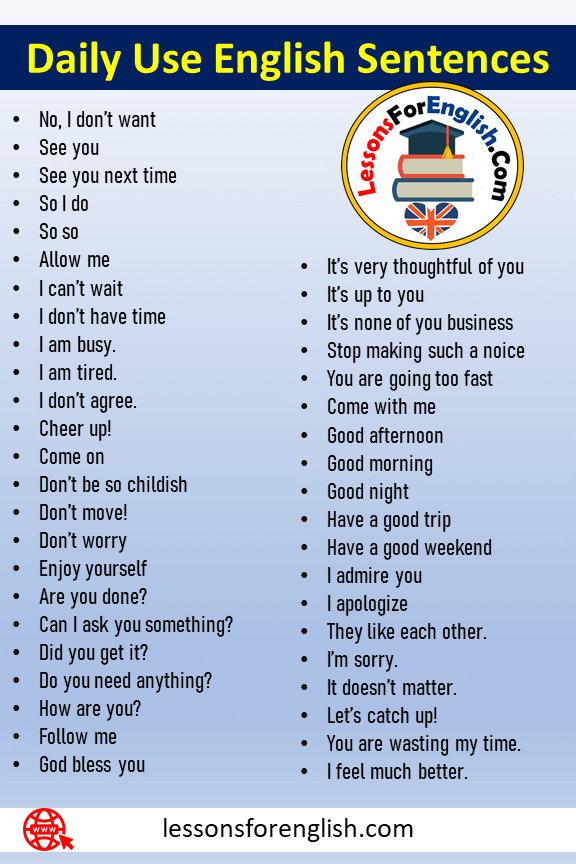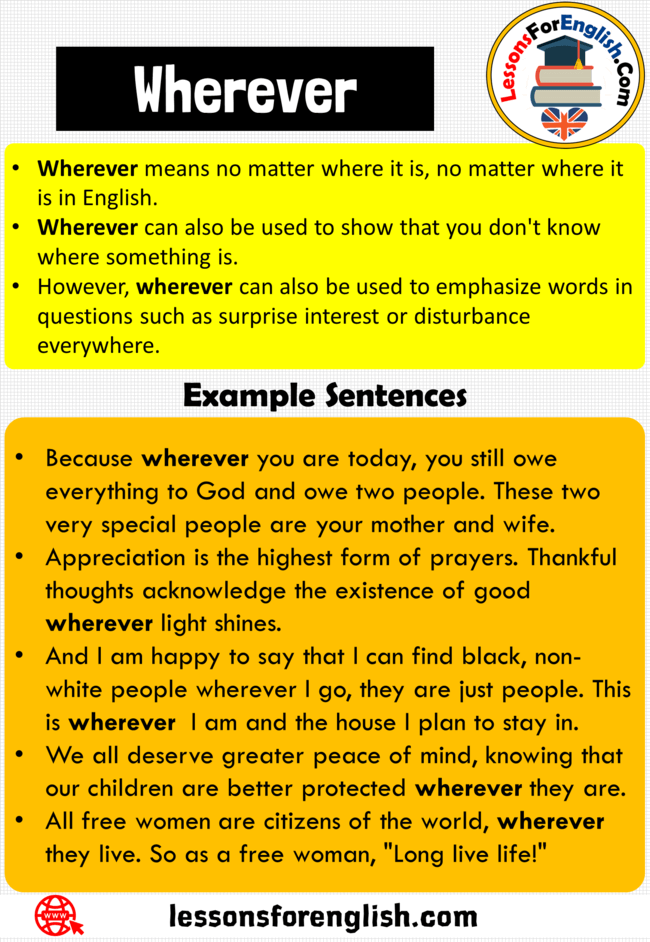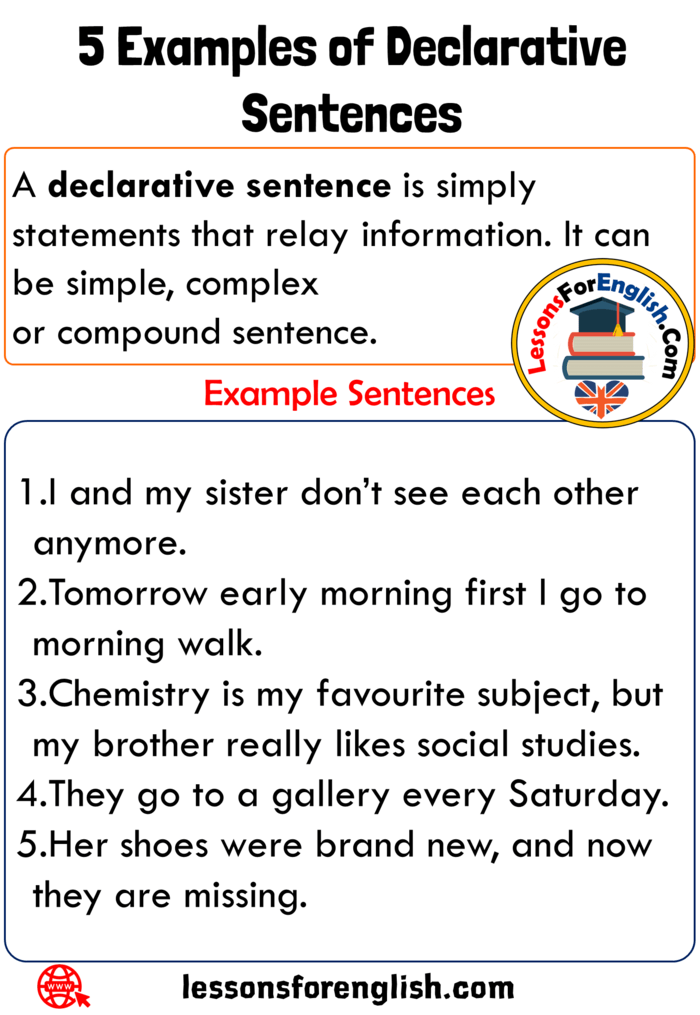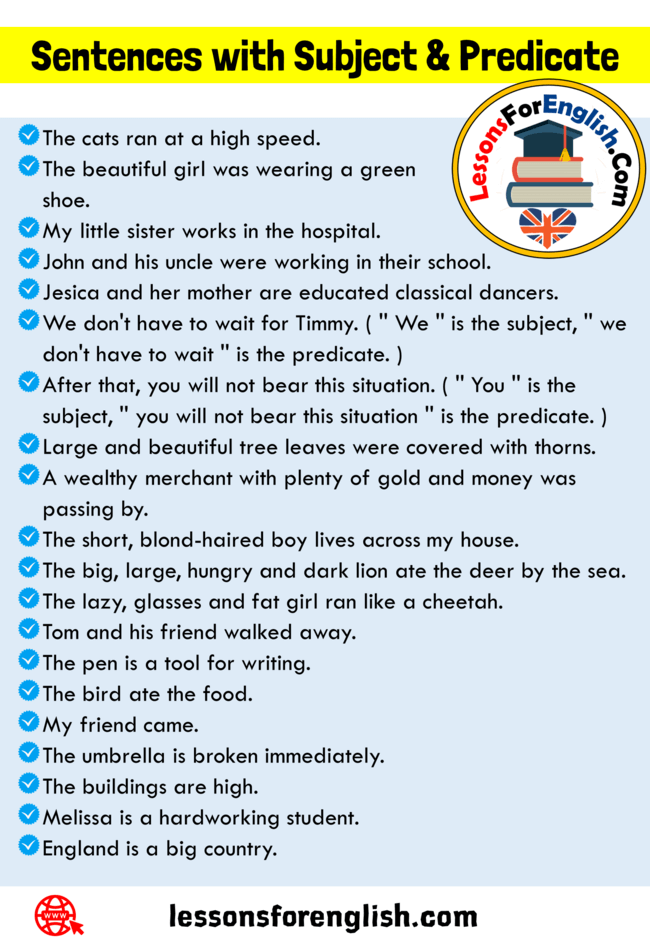Simple English Sentences For Daily Use

Simple English Sentences For Daily Use
English has simple and basic sentences that we use in daily life. By learning these kinds of question and sentence patterns, you can improve your dialogue because learning these types of patterns at the beginning makes it easier to dialogue on many topics.
Phrases such as good night, good evening, and good day are both basic and easy to pronounce and they are not used in complex sentences.
- Have a nice dayBloom.
- Good Morning my teacher.
- Good night mother, please turn off the lights.
- Good evenings my friends.
You often use expressions such as good travel, good weekend, a good day among your friends and others.
– We will set out tonight.
– I hope you have a good trip.
- Today’s meeting is over, good day to all.
- This week we will have a good weekend with my friends because the weather is good.
It is important to know phrases such as agree and disagree in order to express opinions in dialogues.
-The weather is not cold, I think we should go walking
–I agree it is a better idea to go on foot.
Patterns such as I’m busy or available are simple and easy structures for you to respond to offers.
– Shall we go to John’s birthday party tonight?
– Unfortunately, I am busy I have to do homework.
-We will go to the cafe with the girls, will you come?
-Yes, I do not have a job tonight. I am available.
The following patterns are necessary for your first communication with people
- Nice to meet you, I hope we will see each other again.
- We will talk about it again tomorrow, now I have to go.
- Thank you very much for giving me your turn.
The following patterns are useful for politely asking people questions:
- I could not hear you. Please can you repeat?
- Can I ask you something if I am not going to bother you?
To get to know someone, we ask the following questions:
- What are your hobbies? Do you like listening to songs?
- I will write to you tonight what is your phone number?
- Where do you live? You do not seem to know this city much
- How old are you? Maybe we are the same age.
There are patterns we use to warn the other person:
- Please calm down everyone is looking at us.
- Be careful the car is coming very fast.
- Be quiet because everybody slept.
- Slow down, this road looks dangerous.
Words like me too and of course are very suitable for you to answer briefly.
– I will not go to school tomorrow.
–Me too
– Did you do your homework?
-Of course, I did. The teacher would be angry if I don’t.
The use of phrases such as I love you, I hate you, I like you, is also common in daily life.
- I hate you because you made me sad.
- I love you, you treat me well
- We have a lot in common with you so I like you.


